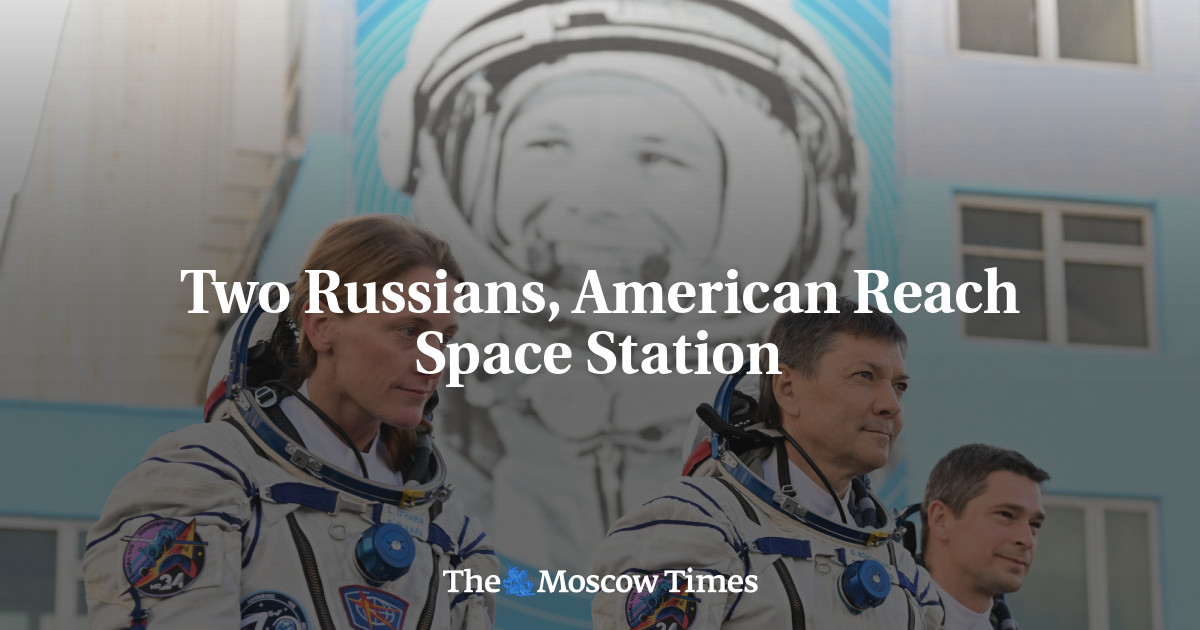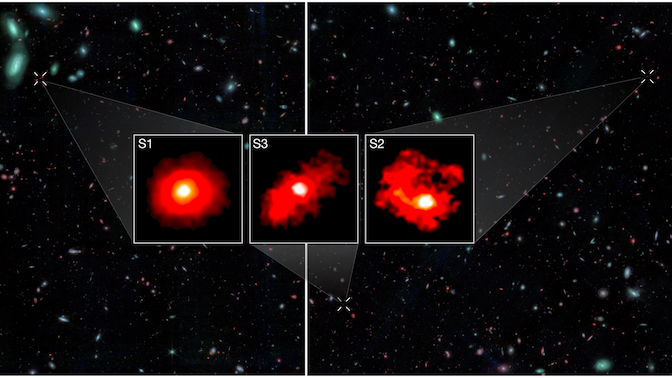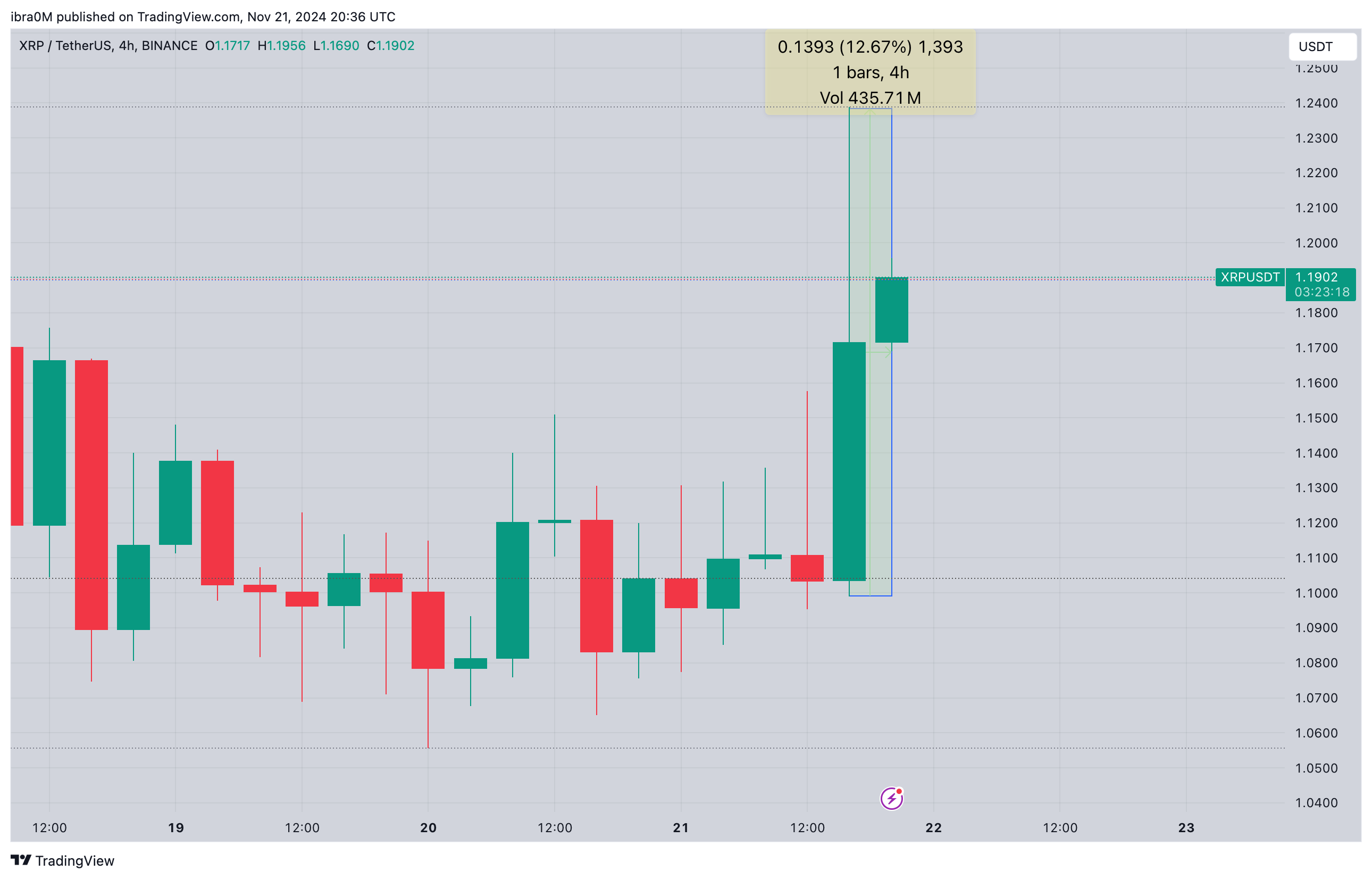Amidst the ongoing tensions between Moscow and Washington over Ukraine, two Russian cosmonauts and an American astronaut have successfully docked with the International Space Station (ISS) on Friday. The crew launched from the Baikonur cosmodrome in Kazakhstan aboard the Soyuz MS-24 spacecraft.
According to the Russian space agency, Roscosmos, the crew reached the ISS three hours after liftoff. They will now join three Russians, two Americans, a Japanese astronaut, and a representative of the European Space Agency at the orbiting station.
This successful mission comes after Russia’s recent failed lunar mission, marking their first attempt in almost 50 years.
Despite the breakdown of ties between the two countries following the Ukrainian offensive last year, the ISS remains a rare venue for cooperation between the United States and Russia. During a pre-flight press conference, cosmonaut Oleg Kononenko acknowledged the tensions but emphasized the mutual care and understanding between cosmonauts and astronauts in space.
A Legacy of Collaboration
Astronaut Loral O’Hara praised the “legacy” of the ISS in bringing countries together. She expressed her excitement to join the crewmates awaiting their arrival.
Kononenko and Chub were scheduled for a one-year stay on the ISS, while O’Hara planned to spend six months aboard. It was the first space mission for both O’Hara and Chub.
Their arrival marks the handover from the previous crew members, Russians Dmitry Petelin and Sergey Prokopyev, and NASA astronaut Frank Rubio. Due to a coolant leak and damage from a suspected meteoroid, their return was delayed, and they will now return on the Soyuz MS-23 spacecraft.
As Western condemnation and sanctions against Russia intensify, Russian President Vladimir Putin is seeking to strengthen space cooperation with China. Recently, Putin met with North Korean leader Kim Jong Un at Russia’s Vostochny spaceport to discuss the potential involvement of a North Korean in space missions.
Russia’s recent lunar mission, Luna-25, ended in failure and embarrassment after a crash during pre-landing maneuvers. The mission aimed to mark Russia’s independent lunar exploration but faced challenges due to financial troubles, corruption scandals, and growing isolation from the West. Russia’s previous successful moon landing was in 1976.















